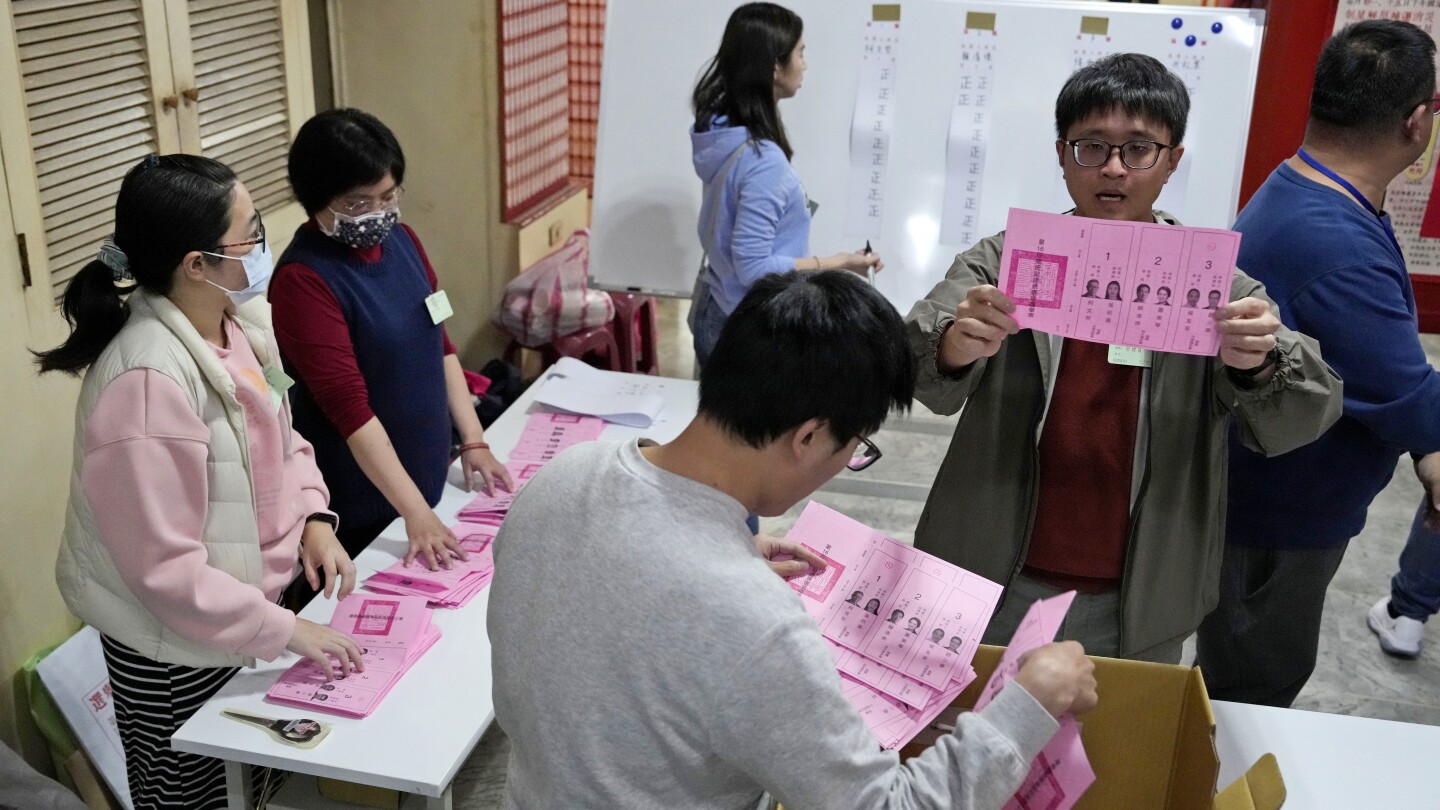Taiwan has been able to effectively respond to Chinese disinformation in part because of how seriously the threat is perceived there, according to Kenton Thibaut, a senior resident fellow and expert on Chinese disinformation at the Atlantic Council’s Digital Forensic Research Lab. Instead of a piecemeal approach — focusing solely on media literacy, for instance, or relying only on the government to fact-check false rumors — Taiwan adopted a multifaceted approach, what Thibaut called a “whole of society response” that relied on government, independent fact-check groups and even private citizens to call out disinformation and propaganda.
In an interview with The Associated Press, Alexander Tah-Ray Yui, Taipei’s economic and cultural representative to the U.S., said the government has learned it must identify and debunk false information as quickly as possible in order to counter false narratives. Yui is Taiwan’s de facto ambassador to the U.S.
“Find it early, like a tumor or cancer. Cut it before it spreads,” Yui said of foreign disinformation.



Sure, there is no “peoples will” here. Just super powers manipuliating a dumb mass. Next time, be a liitle bit more creative. You’re a chinese employer is not happy with your work…
The story itself is about supposed disinformation which is a super power manipulating “a dumb mass” but for some reason you take issue with me pointing out an influence but not the article pointing out an influence. Then you contradict yourself by assuming that I must be employed by the Chinese, as if there is no “peoples will” and that I couldn’t possibly be pointing out something I observed myself.